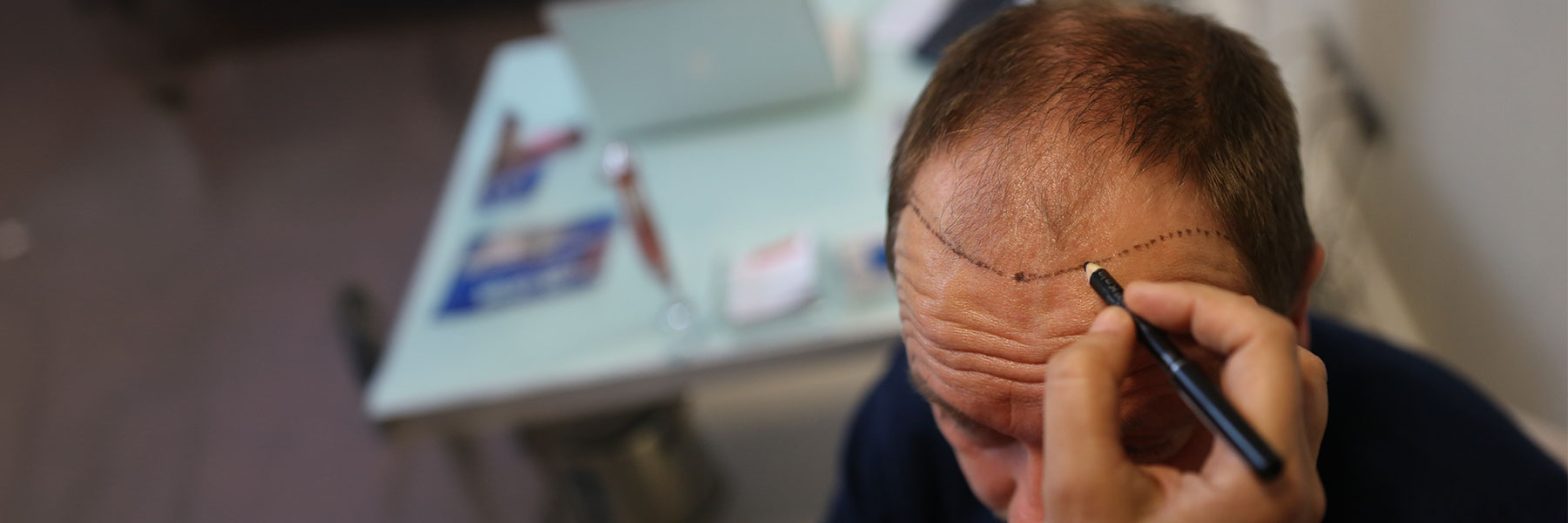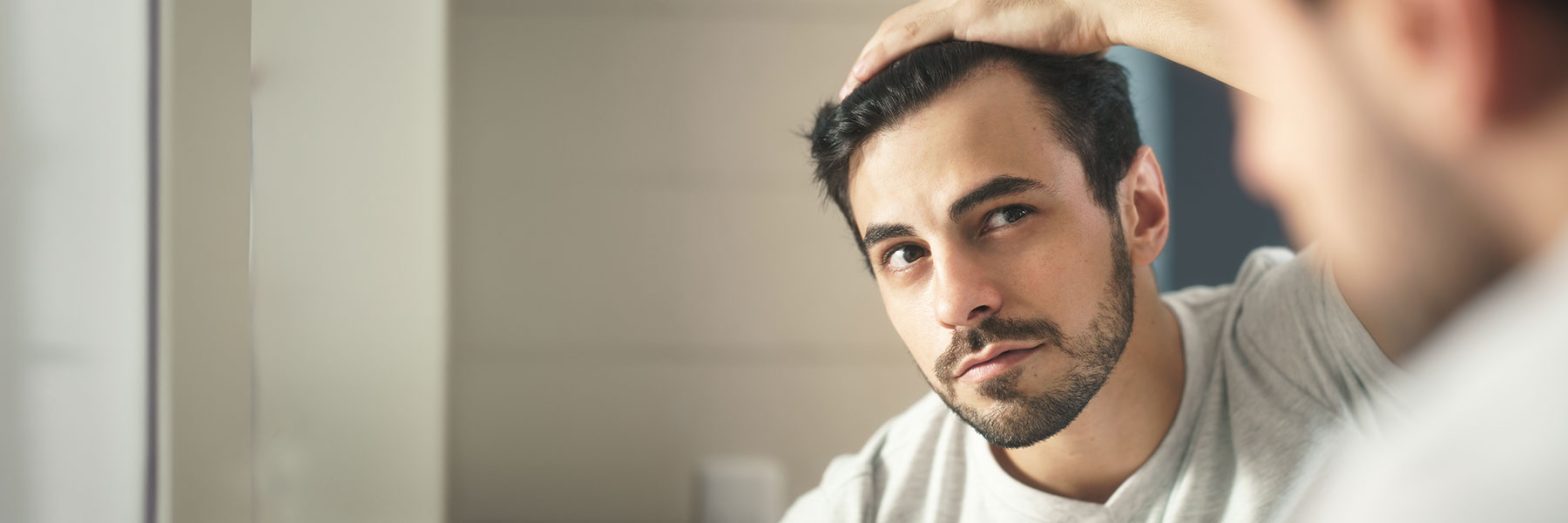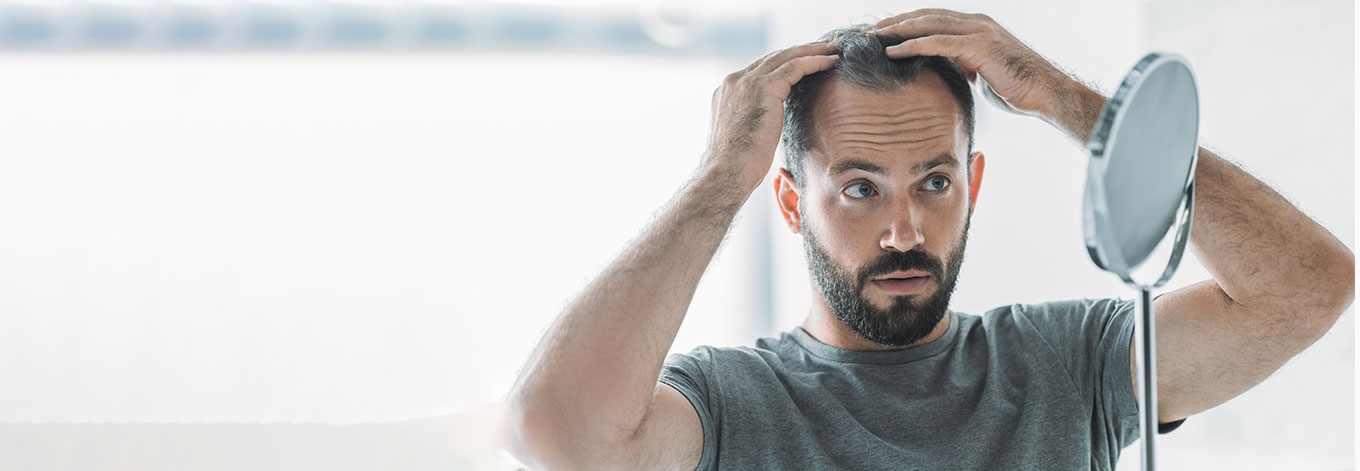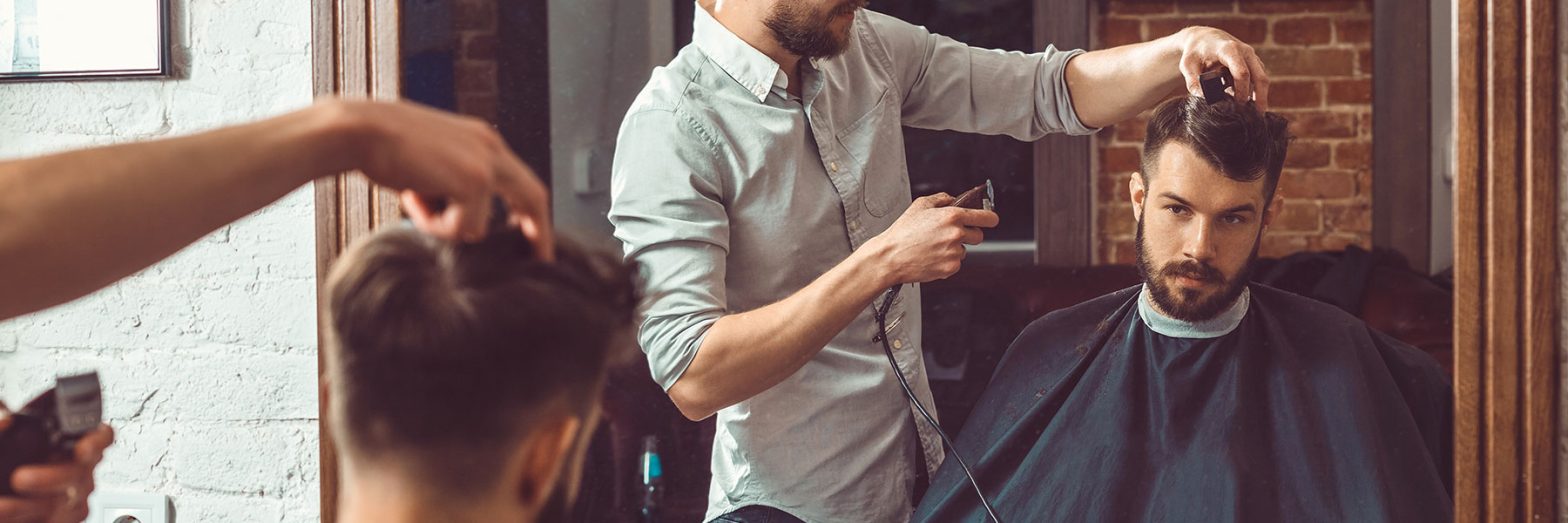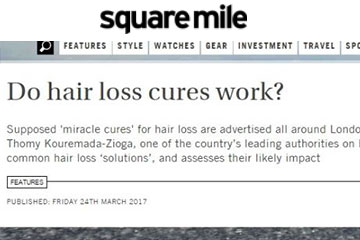
Do hair loss cures work?
HAIR LOSS & HAIR TRANSPLANTS
SquareMile.com
Supposed ‘miracle cures’ for hair loss are advertised all around London. But do they really work? Dr one of the country’s leading authorities on hair loss, discusses some common hair loss ‘solutions’, and assesses their likely impact.
Caffeine Shampoo
Still one of the most popular options in the UK, hair restoration shampoo can seem like the most simple and cost-effective way to counteract baldness. These products claim that the use of caffeine within the formula can not only prevent hair loss, but also stimulate hair follicles to promote growth. However the scientific basis of these claims remains unproven.
Dr verdict:
“Without proper scientific backing there is no reason to spend your money on caffeine shampoos, which can be pricey when compared to an everyday shampoo. The use of ingredients like caffeine cannot trump your genetic makeup so if you are one of the 50% of UK men that suffer from male pattern baldness these shampoos will do nothing to counteract that. If you’re considering purchasing a new shampoo I would recommend investing in a SLS free option. It might not prevent your hair falling out but it will at least help protect the health of the hair you do have.”
LED / Laser Technology
These devices use infrared light to stimulate the scalp, claiming that stimulating the mitochondria – energy bundles located within all cells – in the hair follicles will result in hair growth. If purchased in Laser Comb form users work the device across their hair continuously like a normal comb, however low-level Laser Therapy helmets are also available to target the whole scalp at once.
Dr verdict:
“If your hair loss is still in its infancy, there is some evidence to suggest that these treatments can be beneficial However, they are an expensive option and if follicles are already too damaged they may be completely ineffective. These combs cannot regrow lost hair. Before investing in a tool like this I would recommend consulting a hair loss practitioner who can advise on what stage your hair loss is at, and the likelihood of such a gadget actually working for you.”
Brushing Back the Barnet
A popular hair loss myth is that regular bushing of the hair and scalp will prevent balding by stimulating the scalp, promoting follicle growth.
Dr verdict:
“The reality is that there is no scientific backing to suggest this is the case, and excessive brushing of the hair is actually more likely to stress follicles and create split ends in the hair you do have. Rather than over-brushing, men who are conscious about hair loss should use their fingers to style hair where possible to avoid stressing the follicle. That being said, you should brush or comb your hair once or twice a day to keep it healthy.”
Spray on hair
For those keen to cover their growing baldness quickly and cheaply, sprays that bind to existing hair follicles to disguise the gaps can feel like a good solution. There are many products on the market which work as ‘scalp stains’, providing immediate cover-up of problem areas.
Dr verdict:
“For men whose hair loss is in its early stages, this can seem like a simple way to cover the problem area. The truth is though that these products, if used in excess, will block the roots and pores of the follicles thus will cause damage to the follicles as it will not allow them to properly breathe. I would advise people to use products on the edges of the hair only, leaving the root intact. Moreover I would advise them to wash their hair daily to prevent product build up.”
A Tablet a Day Makes the Hair Stay
Hair loss supplements are a booming business, with a myriad of over the counter supplements claiming to fight hair loss through a formula of vitamins and minerals. However frequently these claims are unfounded, or overstated.
Dr verdict:
“Many such companies promote that biotin tablets can prevent hair loss, however they actually assist in fighting hair breakage – making them a valuable tool to promote healthy existing hair, but useless in the fight to reclaim lost strands. If you’re looking for a tablet to assist with hair loss, it’s really important to consult your doctor and/or a hair loss specialist first so they can consider your health and hair loss, and suggest whether such medication will be right for you. Moreover when these supplements are used in excess they may provoke high levels of minerals and vitamins to the organism that is not good for the hair or for the general well-being of the individual.
Hair transplant
Although it’s easy to be swayed by the promise of a quick-fix, the reality is that if you are one of the many men predisposed to pattern balding, quick fixes can only delay the inevitable. Whilst some of the pills and products on the market can aid in the quality of your hair, if you are susceptible to hair loss, you are very likely to go on to lose your hair. The Follicular Unit Extraction (FUE) transplant is a solution that more and more A-listers are opting for. But, how much can a hair transplant really help?
Dr verdict:
“This technique involves taking hair from the back of the head where the hair is plentiful, and moving it to the areas where hair is thinning, usually the front or the crown. This method of hair restoration is almost pain free than other available options and can provide a realistic natural looking result for those suffering from hair loss. Of course the skills and expertise of the surgeon are hugely important in delivering n optimum result for life. But not everyone is suitable, so you need a full assessment with a hair transplant surgeon first. But, for the right patient, this can provide many more years of hair than they would otherwise have enjoyed, as it offers a permanent result.”
https://www.squaremile.com/hair-loss-cures/





